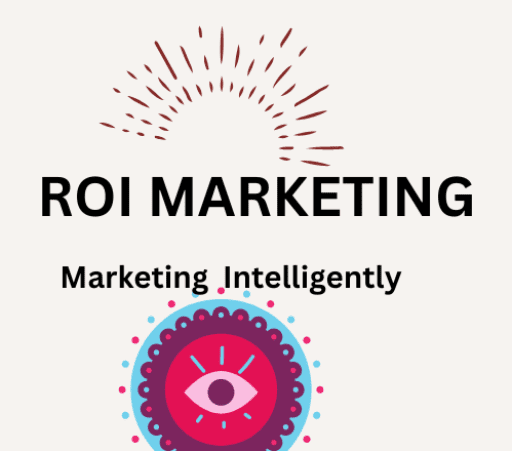Why are your competitors ranking higher on google?
Several factors could contribute to your competitors ranking higher on Google:
- Content Quality and Relevance: Google’s algorithms prioritize content that is high-quality, relevant to the user’s search intent, and provides value. If your competitors’ content meets these criteria better than yours, they may rank higher.
- Backlinks: Backlinks from reputable and relevant websites signal to Google that your competitors’ content is authoritative and trustworthy. If they have more backlinks pointing to their content, they may rank higher in search results.
- Site Structure and User Experience: A well-structured website with intuitive navigation and fast load times can improve user experience, which Google considers when ranking pages. If your competitors’ websites provide a better user experience, they may rank higher.
- Keywords and SEO Optimization: Effective keyword research and optimization can help pages rank higher for specific search queries. If your competitors have optimized their content better for relevant keywords, they may outrank you.
- Social Signals: Social media shares and engagement can indirectly impact search rankings. If your competitors’ content is being shared and discussed more on social media platforms, it may signal to Google that their content is valuable and deserving of a higher ranking.
- Domain Authority: Established websites with a strong online presence and history tend to rank higher. If your competitors have been around longer or have built a stronger brand presence online, they may have higher domain authority, contributing to their higher rankings.
- Mobile-Friendliness: With the increasing use of mobile devices for browsing, Google prioritizes mobile-friendly websites in its search rankings. If your competitors’ websites are better optimized for mobile devices, they may rank higher in mobile search results.
- Geographic Relevance: Google’s algorithms take into account the geographic location of the user when delivering search results. If your competitors’ content is more relevant to users in specific geographic locations, they may rank higher for searches originating from those areas.
To improve your own rankings, focus on creating high-quality, relevant content, optimizing your website for search engines, building backlinks from authoritative sources, and providing an excellent user experience across all devices. Regularly monitoring your competitors’ strategies can also provide insights into areas where you can improve. Best SEO strategies for small business




